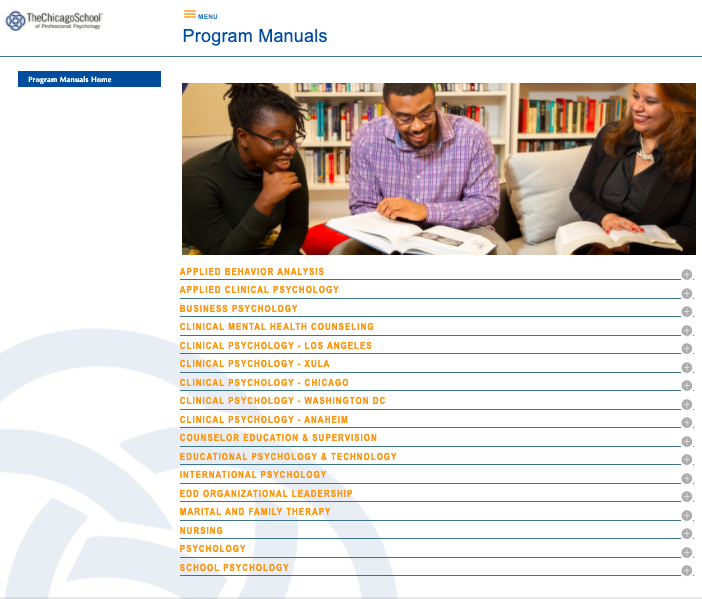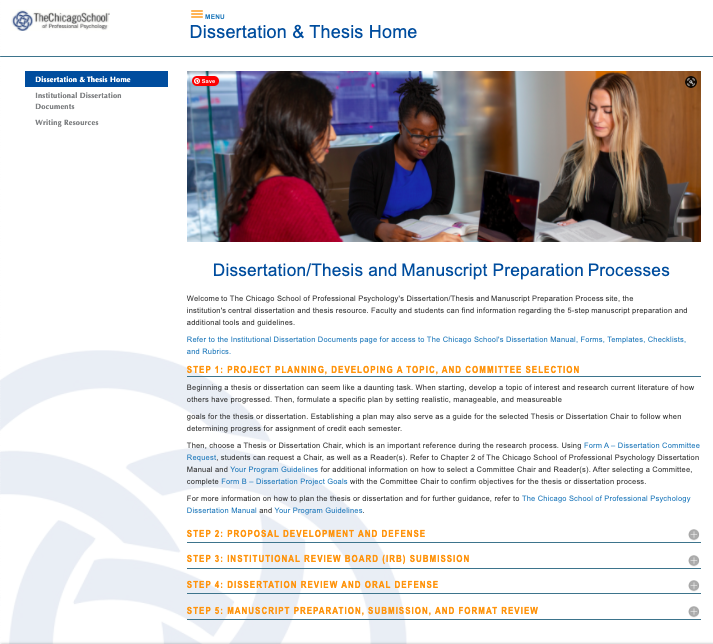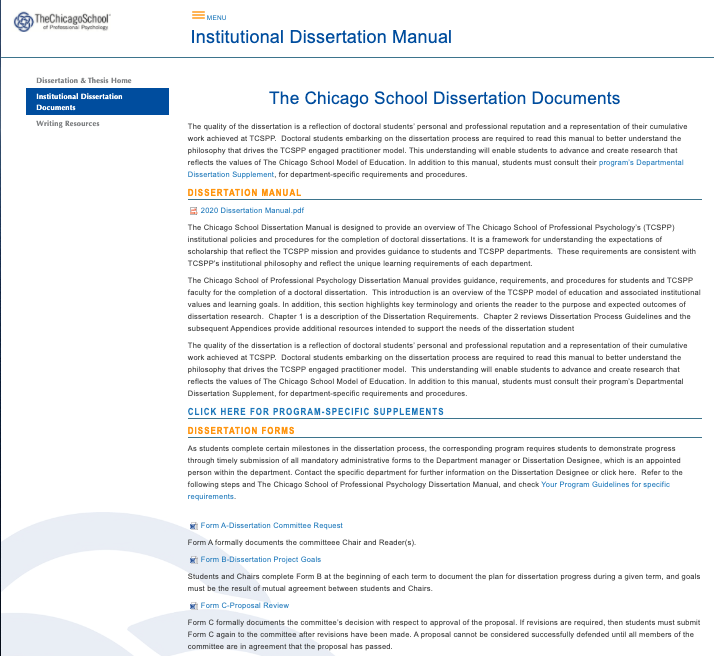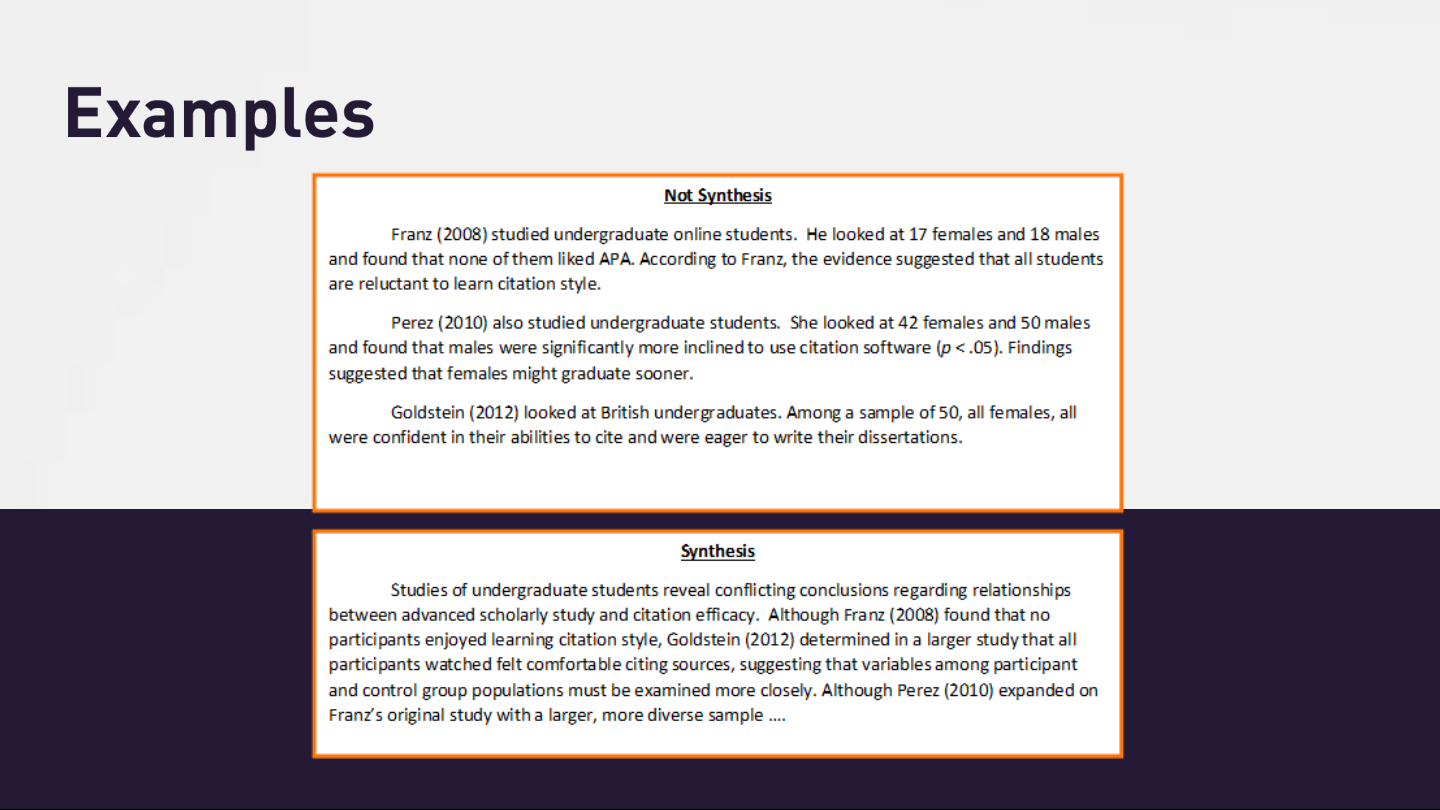Research Writing
Trying to figure out what you need to do with proposal or dissertation?
Find where you are in the options here for customized guidance and support.
I need help with my…
Check Out Our Dissertation Writing YouTube Channel!
Planning Your Research
Get started on planning your dissertation and getting in the right mindset with Dr. Heidi Marshall
Get started on planning your research once you have a topic with Dr. Philip Adu’s “10 Questions to Address When Planning Your Research”
Research Questions
Dr. Kuba Glazek shares some guidance on how to craft research questions and hypotheses and differentiate the two successfully.
Problem/Purpose Statements
Dr. Philip Adu shares insights into the dissertation journey, including how to decide upon a problem to address and how to craft your problem/purpose statements.
Abstract
Below, Dr. Kuba Glazek shares how to effectively write an abstract.
Proposal and Dissertation Templates
Find the Program Manual for your program of study here.
Access program specific guidelines, forms, and steps to completion.
Find the TCSPP Dissertation and Thesis Manuscript Preparation process here.
Access links to planning, developing, receiving approval, revising, and submitting your dissertation.
Find the TCSPP dissertation template here.
Access the TCSPP dissertation manual, template, and related forms for completion.
Literature Review
Check out our suite of guided webinars and resources for how to find sources, use citation managers, and create a cohesive literature review.
Take Your Research from Annotation to Synthesis
Organize Your Research with Citation Managers
Learn How to Search for and Collect Research Articles
Tips for Synthesizing Sources in your Literature Review
Synthesizing the Literature Review + the Methodology
What to Include when Summarizing an Experimental Article
Methodology
Follow the paths here to discover methodology options, review quantitative methods, or learn how to conduct qualitative research.
Exploring Methodology
Finding Tests and Measures
Dissertation Research Tips & Strategies
Writing the Methodology Chapter
Differentiating Theoretical and Conceptual Frameworks
Online Survey Methodology
Determining a Mixed-Methods Approach
Quantitative Research
Action Research Dissertations
Choosing a Quantitative Approach
Qualitative Research
Conducting Qualitative Research
What to do with your Qualitative Data
Presenting Data in Writing
Presenting Qualitative Data
APA provides specific guidance on how to discuss qualitative data involving participants, such as interviews. See two excerpts from APA Style Blog writers Lee and Hume-Pratuch (2013) below on how to discuss participants’ responses while protecting their anonymity and remaining clear and concise.
“Strategies for the Discussion of Research Participant Data
Although you don’t cite data you gathered from research participants, you can discuss them, provided that you preserve the confidentiality you guaranteed the participants when they consented to participate in your study (see PM § 1.11). In practical terms, this means that “neither the subject nor third parties (e.g., family members, employers) are identifiable” (PM, p. 17) from the information presented.
Strategies for the ethical use of data from research participants include the following:
referring to participants by identifiers other than their names, such as
their roles (e.g., participant, doctor, patient),
pseudonyms or nicknames,
initials,
descriptive phrases,
case numbers, or
letters of the alphabet;
altering certain participant characteristics in your discussion of the participants (e.g., make the characteristics more general, such as saying “European” instead of “French”);
leaving out unimportant identifying details about the participant;
adding extraneous material to obscure case details; and
combining the statements of several participants into a “composite” participant.
Choose the strategy that makes sense given the degree of confidentiality of information you must maintain and what details are important to relate to the reader.”
“Examples of How to Discuss Research Participant Data
Here are a few examples of how participant data might be presented in the text. The most appropriate presentation will depend on context.
One respondent stated she had never experienced a level of destruction similar to that caused by the 2008 Sichuan earthquake.
“Madge,” a 45-year-old Red Cross social worker, was in Sichuan province when the earthquake struck. “It was unlike anything else I have experienced,” she said.
MJ, a European social worker, said the earthquake was “unlike anything else I have experienced.”
A non-Chinese social worker said the 2008 Sichuan earthquake “exceeded levels of devastation I have ever seen before.”
Case 24 was injured in the earthquake.
Participant M said she had never experienced anything like the earthquake or its level of devastation.
Several employees of a humanitarian aid organization said that they were emotionally distressed by the devastation the earthquake left behind.
Data can also be presented in a table or figure provided these same standards are abided by.”
Statistics
Part 1: Making Sense of Quantitative Data
Developing and Testing Hypotheses
Convergent and Discriminant Validity and Biases
Part 2: Making Sense of Quantitative Data
Quantitative Research: Correlations
Quantitative Research: Power Anallysis
Further Help
IRB Application Review and Consultation Options
The Social Sciences Ethics Expert is available to offer you a review of your IRB proposal before you submit to the Chicago School of Professional Psychology Institutional Review Board (IRB). This IRB review will consider alignment and consistency within your proposal, writing mechanics, and APA format and style.
Please click here to begin the submission process for a IRB review. Also, here is a helpful checklist to guide you through some of the main IRB application requirements.
During the IRB Review process you will receive unlimited e-mail support, and one full review of your IRB Q&A Form and supplemental application forms. You may also request up to two follow-up reviews to address the implemented changes and suggestions from your first review.
You also have the option for three 30-minute consultations via phone or GoTo Meeting to discuss alignment and consistency within your proposal, writing mechanics, and APA format and style.
If you submit your draft prior to 11:59 p.m CST. Sunday night, your application will be returned by the following Friday (approximately within 12-15 days). Your application will be returned to you via email (with your chair copied) and here in the Canvas classroom.
Any questions, please email ethicsexpert@thechicagoschool.edu
Click here for more information about the IRB Office and the IRB Application and Submission (Links to an external site.).
Formatting Resources
Click here for Dissertation Documents












